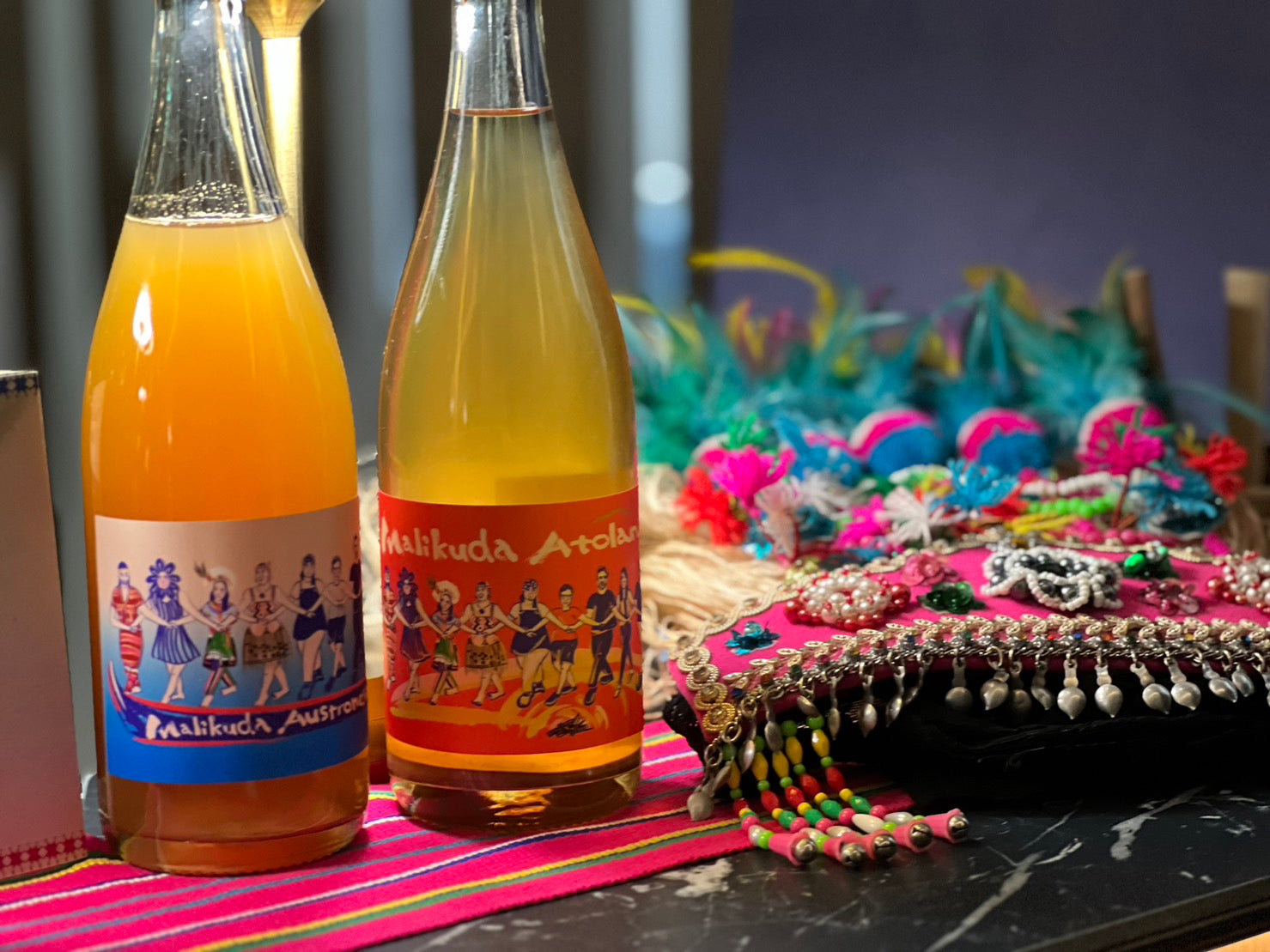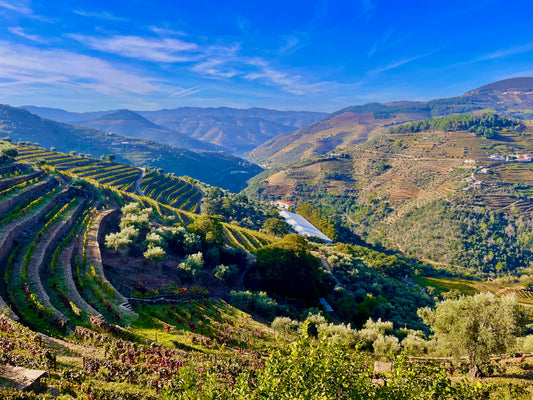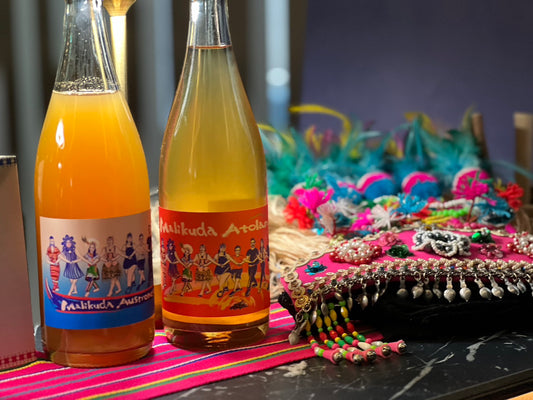Taiwan’s subtropical climate is challenging for grape growers, but two producers are using radical methods with local hybrids to show how their wines can shine on the world stage
Weightstone Vineyard and Estate and Malikuda are hugely popular in Taiwan, and now they’re making their international debut. Weightstone's WE White No.4 has just been launched in the UK, while Malikuda will be featured at the RAW Tokyo natural wine fair in mid-May.
Sunny Hodge, the founder of London wine bars Diogenes The Dog and Aspen & Meursault, is convinced that Taiwanese wine is more than capable of capturing the attention of UK wine consumers.
He is listing WE White No.4, a blend of Golden Muscat, Musann Blanc, and Mehone, in his bars. For him, the wine 'retains the steely mineral nature of a standout Albariño and the viscous velvety texture of a good white burgundy. Without much winemaker’s intervention, the volume was just there, soothing and subtle.'
Taiwan does not have a long winemaking tradition. Although the island has been inhabited by Austronesian indigenous people for over 6,500 years and has a solid rice and millet wine culture, wines made from grapes are a more recent phenomenon. Significant grape production emerged in the 20th century under 50 years of Japanese rule, which ended with World War II.
Taiwan's challenging subtropical climate is characterized by high humidity, abundant rainfall and the unpredictability of typhoons and earthquakes. The Japanese introduced hybrids such as Golden Muscat and Black Queen, but the alcohol monopoly, which lasted for 80 years with government subsidies to growers, shifted the focus to quantity rather than quality. The peak saw over 3,000 hectares planted, but currently, less than 100 hectares are dedicated to Golden Muscat and Black Queen.
Six local hybrids developed in Taiwan are undergoing experimentation.

Domaine Shu-Sheng Moscato Oro
In 2015, the fourth-generation winery Domaine Shu-Sheng made headlines when their Moscato Oro, made with Golden Muscat and produced as a Madeira-inspired fortified wine, won a gold medal at an international wine competition.
These wines lose 10 percent of their volume through evaporation, resulting in remarkable concentration and intensity. In 2018, Weightstone earned its first international wine trophy at the Decanter World Wine Awards, with its traditional method sparkling wine, Gris de Noirs Rosé Extra Brut, made exclusively with 100 percent Black Queen grapes.
Both of these achievements significantly boosted the Taiwanese wine industry by proving the versatility and potential of hybrids.
Following other successes in international competitions, Weightstone is looking for more innovative winemaking methods and experimenting with different local hybrids.

Musann Blanc
One standout is Musann Blanc, a distant relative of Muscat Hamburg. Musann Blanc achieves full phenolic ripeness and higher sugar levels than Golden Muscat and Black Queen, and makes aromatic still and sparkling wines reminiscent of cool-climate Gewürztraminer and Torrontés. This grape variety is a key component in ‘WE White No.4,’ which is now available on the UK market.
At Malikuda, they are experimenting with combining grape hybrids with Taiwan’s indigenous culture, co-fermenting local hybrids with glutinous rice wine – and adding a portion of wine from Kindeli Winery in New Zealand.
This bridges local grape and rice winemaking traditions, emphasizing the influence of Taiwanese indigenous people, ancestors of all Austronesian people who reached New Zealand thousands of years ago. The resulting wine has acidity and fruity notes from the local hybrid grapes, along with a grainy texture from the glutinous rice.
This unique initiative holds immense cultural importance for the Taiwanese. Yu-sen Lin, Taiwan's foremost wine expert and the brain behind the Malikuda project, concludes: ‘Fermentation is a magical process that seamlessly blends across various elements. Through co-fermentation, Malikuda signifies how wine can bring together the diversity of Taiwan by uniting different races, languages and multicultural facets.’ At the same time, in line with the beliefs of many forward-thinking winemakers, it accentuates the island’s vinous potential, enabling hybrid grapes to shine against all odds.
Leona De Pasquale DipWSET, a London-based Taiwanese, is a wine and tea educator, journalist, and consultant. She founded Camellia and Vine, focusing on wine and tea events and education in the UK.




